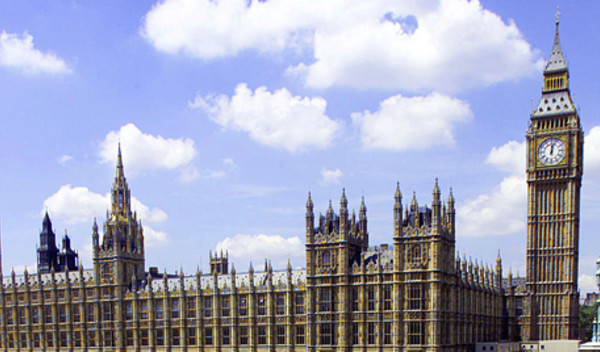

Neither of the two major financial advice trade bodies put in a submission to a government consultation on a policy that could see clients significantly worse off in retirement, FTAdviser can reveal.
Despite strong opposition among advisers to plans to cut the pension Money Purchase Annual Allowance to £4,000, neither the Association of Professional Financial Advisers nor the Personal Finance Society put in a submission to the consultation.
The consultation period closed last week, meaning the voice of advisers is now unlikely to be heard.
The proposed change would see the money purchase annual allowance (MPAA) cut from £10,000 to £4,000.
This will affect people who have begun drawing down on their taxable pension, but who also want to continue to contribute to a pension.
The financial services industry, including financial advisers who have spoken to FTAdviser, has been almost unanimous in its opposition to this policy, most commonly on the grounds it would hit average income retirees who want or need to continue working.
Apfa director general Chris Hannant said the trade body did not put in a submission because it does not "campaign on the taxes of individuals".
The Personal Finance Society's chief executive Keith Richards said "the sheer volume of consultations and policy meetings", made it impossible to meet the submission date.
However, he said the PFS had discussed the issue "directly with government".
None of the financial advisers FTAdviser spoke to had put in a submission, either because they had not had time, or they were cynical about the effect such submissions have.
But many expressed disappointment that the trade bodies had not put in submissions on their behalf.
Kusal Ariyawansa, financial planner with Appleton Gerrard, said he was "confident in the style of approach" the PFS took with "the powers that be", but added "on such an important issue we should be voicing our concern at every possible opportunity".
Kim Barrett, Chartered financial adviser at Barretts Financial Solutions, said he was "surprised" the trade bodies did not put in a submission.
He said he was cynical about the effectiveness of lobbying, but acknowledged the industry's failure to lobby meant it couldn't really complain if its views were not taken into account.
But while most cited cynicism, lack of time, or the issue being outside their remit as the reason, Ruban Sanmuganathan, private client director of Plutus Wealth Management, said there might be an ulterior motive behind the industry's silence.
He pointed out that the allowance only applies to money purchase, or defined contribution, schemes. It does not apply to defined benefit schemes.
Currently, someone on a defined benefit pension has no limit imposed upon them as to how much they can contribute to their defined contribution pension.
Mr Sanmuganathan said someone aged 60 could be taking a £50,000-a-year final salary pension, while still working in a £100,000 a year job and contributing £40,000 tax free to a defined contribution pension.
"Why have advisers stayed silent? They might be afraid it [the MPAA] will be applied to everyone, not just money purchase schemes," he said.
Nathan Long, senior pension analyst at Hargreaves Lansdown, insisted reducing the MPAA to £4,000 would hurt people on average incomes.
He said that, if auto-enrolment contributions go up to 12 per cent - as many argue they should - you would only need to be earning £33,000 a year to be caught by the MPAA.
That, he said, was around the average income for someone in that age group.
Mr Long also pointed out that around 80 per cent of pension tax relief went into defined benefit, and that the tightening of the MPAA further discriminated against defined contribution savers.
james.fernyhough@ft.com



